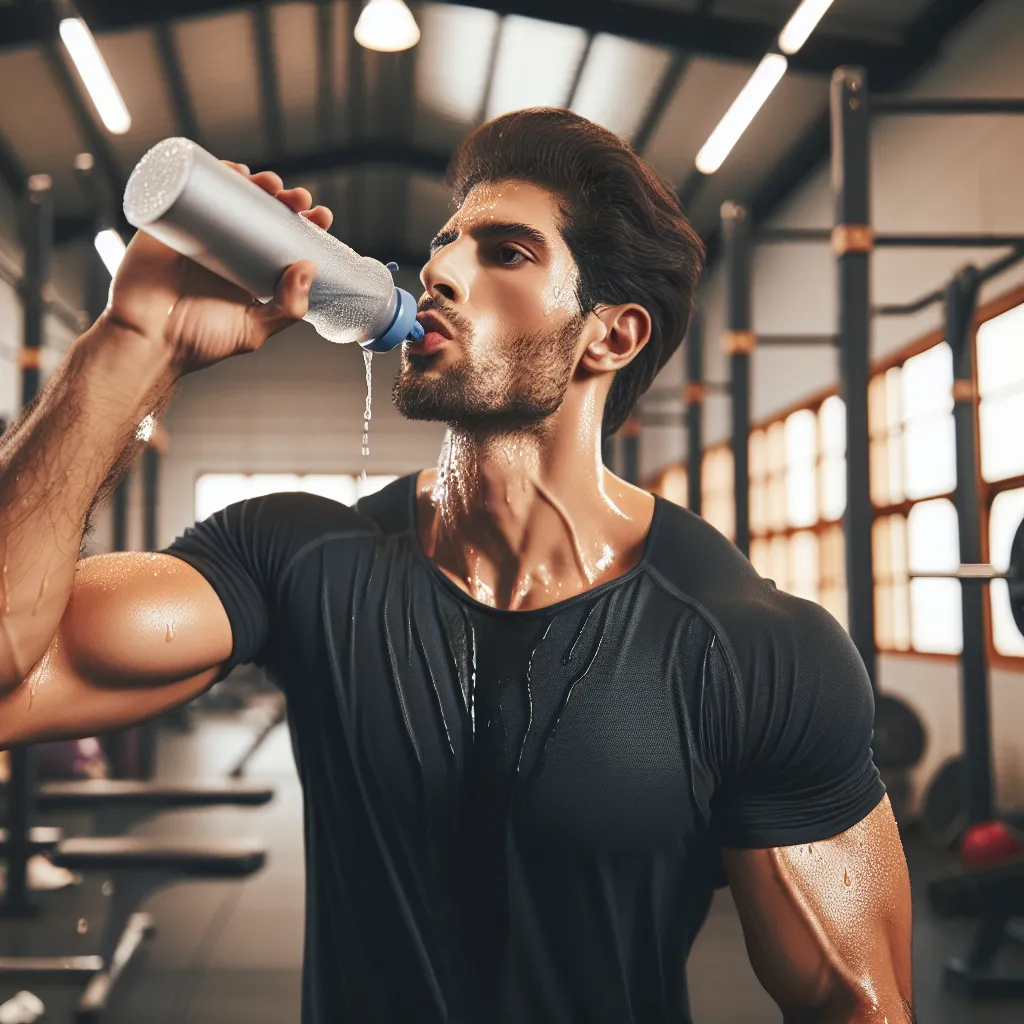The Role of Electrolytes in Hydration
When it comes to understanding the science of quenchers and their role in hydrating the body, one cannot overlook the significant contribution of electrolytes. Electrolytes are essential minerals such as sodium, potassium, calcium, and magnesium, which have a crucial impact on maintaining proper fluid balance in the body. These charged particles play a pivotal role in regulating the body’s hydration levels by influencing fluid movement across cell membranes.
During physical activities or in hot weather, the body sweats and consequently loses not only water but also essential electrolytes. This loss can lead to dehydration and an imbalance in electrolyte levels, which can negatively impact overall performance and health. Here’s where quenchers containing electrolytes come into the picture. By replenishing the lost electrolytes, these beverages help restore the body’s fluid balance and support optimal hydration.
Furthermore, the presence of electrolytes in quenchers facilitates the absorption of fluids in the body. Sodium, for instance, aids in retaining water and encouraging fluid uptake in the intestines, ultimately enhancing rehydration. Potassium, another key electrolyte, assists in maintaining proper muscle function and nerve signaling, contributing to overall hydration and performance.
In conclusion, the inclusion of electrolytes in quenchers is pivotal for effective hydration, especially in scenarios involving vigorous physical activity or excessive sweating. By comprehending the role of electrolytes in hydration, individuals can make informed choices when selecting the most suitable quenchers to fulfill their specific hydration needs.
Understanding the Impact of Sugar in Sports Drinks
Sports drinks are a popular choice for athletes and fitness enthusiasts alike, offering a convenient way to rehydrate and replenish electrolytes during and after physical activity. However, it’s important to understand the impact of sugar in these beverages. While sugar can provide a quick source of energy, excessive consumption can lead to a rapid spike in blood sugar levels followed by a crash, leaving you feeling fatigued. Additionally, high sugar content can contribute to dehydration by drawing water from the body’s tissues into the digestive system to aid in the absorption of the sugar. For this reason, it’s crucial to carefully consider the sugar content of sports drinks and opt for those with lower sugar levels or alternative natural sweeteners to support optimal hydration without the negative effects of excessive sugar intake.
Comparing the Effectiveness of Different Hydration Methods
When it comes to staying hydrated, there are various methods available, each claiming to be the most effective. From sports drinks to coconut water to plain old H2O, the options can be overwhelming. But how do these different hydration methods compare in terms of effectiveness in hydrating the body? The science of quenchers delves into this very question.
Studies have shown that plain water is often the best choice for rehydration, as it is quickly absorbed by the body. However, for those engaging in prolonged, intense physical activity, sports drinks can be beneficial due to their electrolyte content, which helps to replenish salts lost through sweat. On the other hand, coconut water has gained popularity as a natural hydration option, boasting high levels of potassium and lower levels of sodium compared to most sports drinks.
Ultimately, the effectiveness of different hydration methods depends on various factors such as the duration and intensity of activity, individual physiology, and personal preference. While water remains a reliable go-to for hydration, those engaging in vigorous exercise may benefit from the additional electrolytes in sports drinks, while individuals seeking a natural alternative may find coconut water to be a suitable option.
As research in the science of hydration continues to evolve, it is important to consider the specific needs of the body and the circumstances in which different hydration methods may be most effective.
Exploring the Science Behind Hydration Supplements
Exploring the science behind hydration supplements is crucial in understanding how quenchers really hydrate your body. These supplements are designed to replenish fluids and electrolytes lost during physical activity or hot weather, ultimately helping to maintain optimal hydration levels.
Hydration supplements typically contain a mix of electrolytes such as sodium, potassium, and magnesium, as well as carbohydrates and sometimes amino acids. These ingredients work in harmony to enhance fluid absorption and retention in the body.
The key player in this hydration process is sodium. It aids in maintaining the body’s fluid balance by facilitating the absorption of fluids in the intestines. Meanwhile, potassium helps regulate muscle and nerve function, playing a vital role in maintaining proper hydration levels within the cells.
Carbohydrates, often in the form of glucose, provide an energy source during prolonged physical activity and can enhance the absorption of water in the small intestine, further contributing to overall hydration. Additionally, including amino acids in hydration supplements can support muscle recovery and function, crucial for maintaining peak physical performance.
Understanding the intricate science behind hydration supplements sheds light on their effectiveness in promoting hydration and supporting bodily functions, making them a valuable tool for athletes, outdoor enthusiasts, and individuals looking to stay properly hydrated in challenging conditions.
By delving into the scientific mechanisms of hydration supplements, we gain a deeper appreciation for their role in sustaining optimal hydration and supporting overall well-being.

